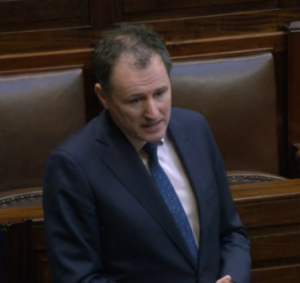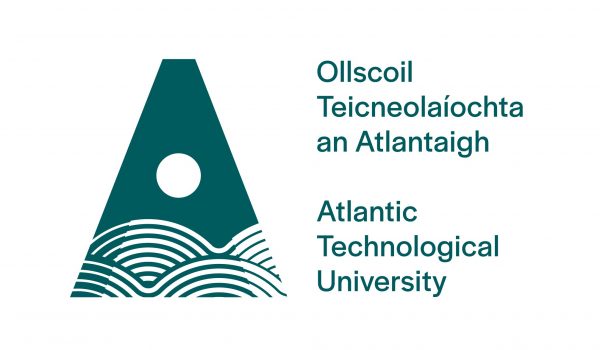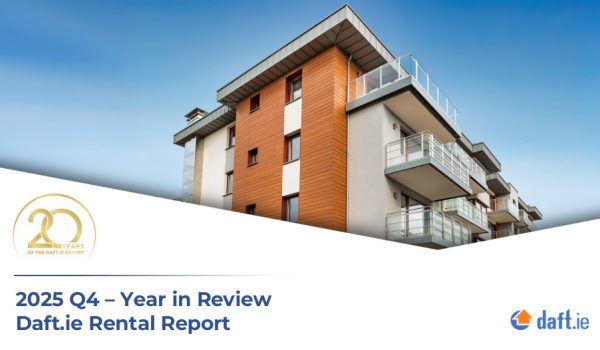
The EU Fisheries Commissioner has promised a full evaluation of the Common Fisheries Policy in the context of Brexit.
Welcoming the announcement at a fisheries ministers’ meeting in Belgium, Minister Charlie McConalogue said Brexit has been the most significant and ongoing, challenge for the fisheries sector, and he has been calling for a comprehensive analysis of its impacts on the functioning of the CFP, including the impact on EU and Member States’ fishing opportunities.
He said he looks forward to engaging with the Commission on the review.
**************
Statement in full –
McConalogue welcomes Commission commitment to evaluation of the CFP
The commitment by Fisheries Commissioner, Virginijus Sinkevičius, to undertake a full evaluation of the Common Fisheries Policy (CFP) at today’s informal meeting of fisheries ministers in Belgium has been welcomed by Donegal minister, Charlie McConalogue.
Speaking in Bruges, the Minister for Agriculture, Food and the Marine said Brexit has been the most significant and ongoing, challenge for our fisheries sector.
“I have consistently called for a comprehensive analysis of the impacts of Brexit on the functioning of the CFP, including the impact on EU and Member States’ fishing opportunities. I welcome Commissioner Sinkevičius’ commitment to carry out an evaluation of the CFP and look forward to engaging with the Commission on this important task.”
At the meeting, organised by Belgium who currently hold the Presidency of the Council of the EU, fisheries ministers from across the EU discussed the future of EU Fisheries and Aquaculture and the key actions needed to help the sector address challenges.
In addition to analysing the impact of Brexit, Minister McConalogue highlighted the need to support the fisheries and aquaculture sector in facing wider, global challenges such as the impact of climate change and the energy transition. Ministers also discussed how digitalisation and new technologies can be harnessed for the benefit of fisheries and aquaculture.
“Data is increasingly seen as a key asset that should be valued, protected and managed. Therefore, clear guidance on how data can be shared is a crucial element of data management. Additionally, this data will be key to identifying and driving innovations that will enhance the sustainability of wild fish stocks, aquaculture production techniques and promoting economic sustainability across the sector,” Minister McConalogue commented.
Reflecting on the theme of the meeting, Minister McConalogue said: “In order to identify solutions, we first need a clear picture of the challenges the EU seafood sector is facing. A full analysis of the impacts of Brexit will provide a clear view of our current challenges and help identify a pathway for future actions.”





